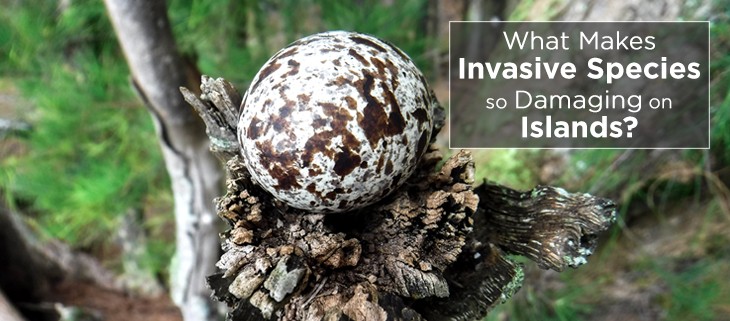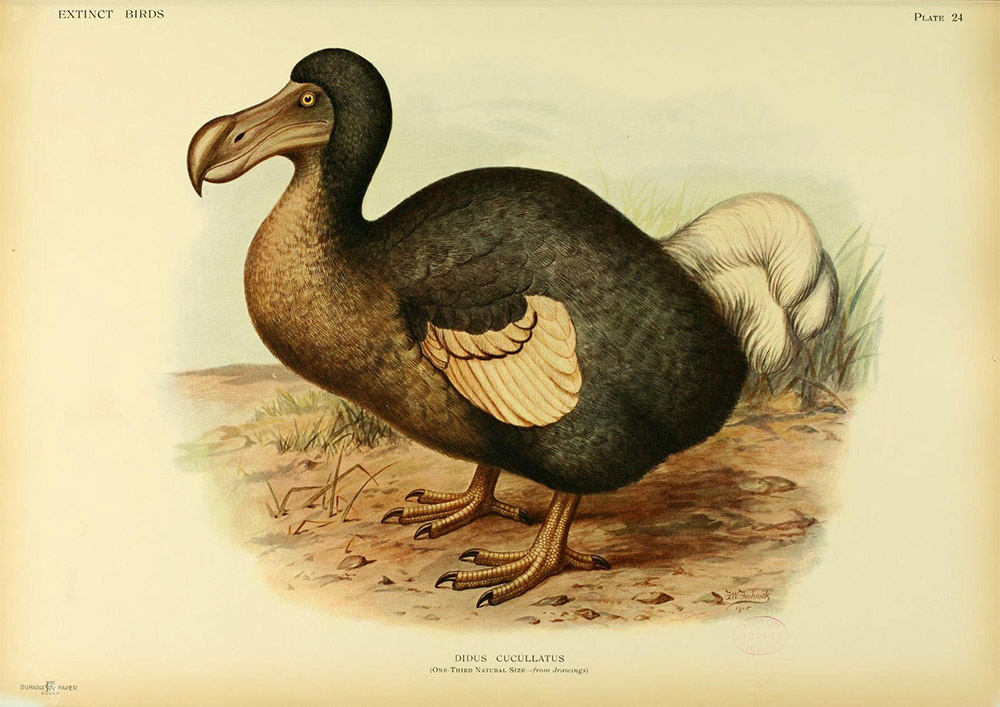December 4, 2024
The Ebiil Society: Champions of Palau
Ann Singeo, founder of our partner organization the Ebiil Society, shares her vision for a thriving Palau and a flourishing world of indigenous science!
We use cookies to help you navigate efficiently and perform certain functions. You will find detailed information about all cookies under each consent category below.
The cookies that are categorized as "Necessary" are stored on your browser as they are essential for enabling the basic functionalities of the site. ...
Necessary cookies are required to enable the basic features of this site, such as providing secure log-in or adjusting your consent preferences. These cookies do not store any personally identifiable data.
Functional cookies help perform certain functionalities like sharing the content of the website on social media platforms, collecting feedback, and other third-party features.
Analytical cookies are used to understand how visitors interact with the website. These cookies help provide information on metrics such as the number of visitors, bounce rate, traffic source, etc.
Performance cookies are used to understand and analyze the key performance indexes of the website which helps in delivering a better user experience for the visitors.
Advertisement cookies are used to provide visitors with customized advertisements based on the pages you visited previously and to analyze the effectiveness of the ad campaigns.
Looking to make an impact this Earth Month? Here’s how.

Endemism
Many islands are home to species found nowhere else on Earth. If invasive species begin to disturb such islands’ ecosystem balances, the native species being negatively affected have no alternative home or additional populations, and could swiftly go extinct.

Specialists have Limitations
Many native island species are considered evolutionary “specialists.” They occupy specific ecological niches. They may have highly specialized diets or behaviors that enable them to survive in the extreme environments that islands often are. Invasive species tend to be generalists—they can survive in a variety of conditions and habitats. If a pair of rodents makes it to an island ecosystem, they may quickly deplete the limited food supply that a native species relies on, or take over its habitat and make its own home there.

Defenseless
Many island species evolved in the absence of predators, meaning they don’t have defense mechanisms that other species might have, such as flight, camouflage, poison, or weaponry. If invasive predators enter an island species’ habitat, the native species are not equipped to cope with the new threat.

Bound by Water
If a pair of rodents is accidentally introduced to a mainland ecosystem, the native species of the region will try to adapt and may open up their range to avoid the unwanted predator. On an island, the only available habitat is limited to the terrain bounded by water. Even species that are able to swim or fly have evolved to return to these islands year after year. On an island, even one pair of rodents can quickly proliferate, thoroughly infiltrating what was once safe, healthy habitat for native species.

Featured Photo: White Tern Egg, Midway Atoll. Credit: Wes Jolley/Island Conservation
Check out other journal entries we think you might be interested in.
Notifications